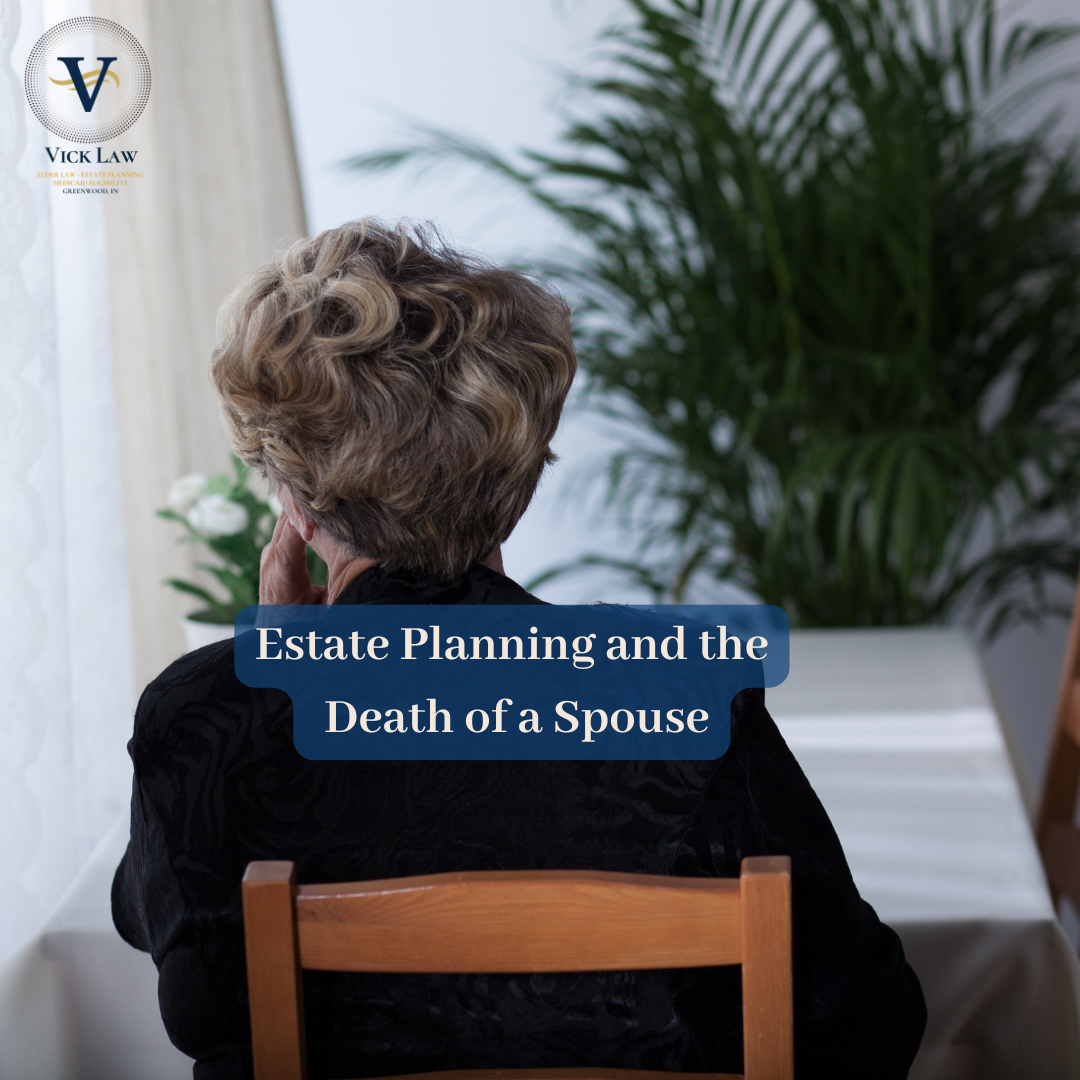Losing a spouse is emotionally devastating, but the financial impact can add another layer of stress. Many couples design their estate plans and retirement strategies together, but what happens when one spouse passes away?However, planning for the second phase of retirement and estate plans also needs to be done. When the first spouse dies, the surviving spouse would be well served by a plan for the “second retirement,” as explored in a recent article from Nasdaq, “I’m a Financial Expert: 7 Ways Every Woman Can Prepare for a ‘Second Retirement.’” Without a plan for this "second retirement," surviving spouses can find themselves facing unexpected financial challenges, legal complications, and difficult decisions at a vulnerable time. Vick Law, P.C. can help you navigate this transition with a tailored estate plan that ensures financial stability and peace of mind.
What Can I Do?
According to 2021 data from the U.S. Census Bureau, 30% of all older women were widows, and widows outnumbered widowers by more than three to one. This stark statistic emphasizes the need for proactive planning, especially for women, who are statistically more likely to outlive their spouses.
Vick Law, P.C. helps you prepare for life after the loss of a spouse by addressing key financial and estate planning questions:
- How will your household income change? A significant concern is how much income will remain after a spouse’s death. Pensions, annuities, or other income sources may stop or decrease. Surviving spouses cannot claim both their Social Security benefits and their deceased spouse’s benefits. You can only receive one—either your own retirement or survivor benefit.
- Will your expenses change? While certain living costs, like a second vehicle or larger home, may be reduced, other unexpected costs can arise. These could include taxes on inherited IRAs or the sale of property and new expenses for services your spouse once provided, such as home maintenance or healthcare management.
- What legal costs are involved? The death of a spouse often brings legal and administrative costs, especially if there was no estate plan in place. If a will or trusts were not created before death, probate can be a lengthy and expensive process. Having a comprehensive estate plan, including wills and trusts, in place before the loss can significantly reduce these costs and ensure a smooth transition.
Vick Law, P.C. Can Help
Planning for the “second retirement” is an essential part of ensuring financial security and peace of mind after the loss of a spouse. While this is often an emotional and challenging time, having a well-thought-out plan in place will help ease the burden of unexpected financial changes and legal hurdles. By proactively reviewing your estate plan, understanding your financial situation, and considering potential changes in income and expenses, you can take control of this next phase of life. At Vick Law, P.C., we are committed to helping you navigate these complexities. Contact us today to schedule a consultation and ensure that your estate plan supports you through all stages of life.
Reference: Nasdaq (August 17, 2024) “I’m a Financial Expert: 7 Ways Every Woman Can Prepare for a ‘Second Retirement’”

